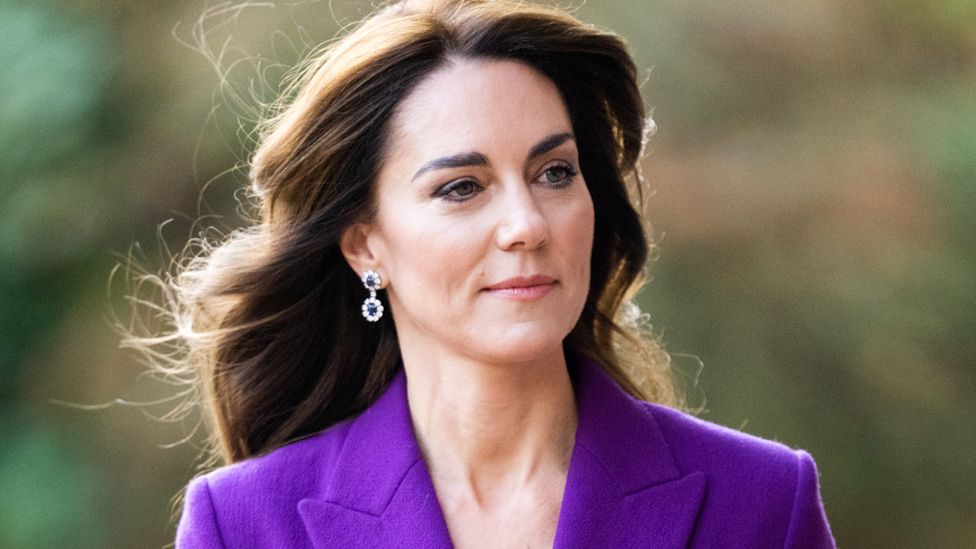
Catherine, Princess of Wales, says she is having treatment for cancer which was discovered following major abdominal surgery. She started preventative chemotherapy in late February.
When was the cancer found?
The princess underwent surgery in January. The palace did not disclose details at the time but said the procedure was planned and her condition was “not cancer-related”.
Her video message says that tests carried out after the operation found cancer had been present.
What type of cancer does the princess have?
Kensington Palace has not said what type of cancer she has.
A spokesperson said: “We will not be sharing any further private medical information. The princess has a right to medical privacy as we all do.”
What is preventative chemotherapy?
Catherine said her medical team advised she should undergo “preventative chemotherapy” and she is in the early stages of this treatment.
Chemotherapy is a catch-all term for medication to kill cancer cells – it can be given via a drip or in pill form.
Prof Andrew Beggs, a consultant colorectal surgeon, said: “Preventive chemotherapy after surgery is given to reduce the risk of the cancer coming back in the future.”
How much you need and how often depends on the type of cancer and how it is growing.
How did doctors find the cancer?
After the surgery in January, which Kensington Palace says was successful, doctors performed tests which revealed cancer had been present.
Commonly, tissue removed during surgery would be sent to a lab for analysis and to see what cells are there.
Is she getting treatment privately or on the NHS?
Catherine’s original operation took place at the London Clinic, a private facility.
The Palace is not commenting on where she is now receiving care. In her video message Catherine thanked the “fantastic medical team” who have been treating her.
What is cancer?
Cancer occurs when cells in a specific part of the body divide in an uncontrolled way.
Untreated, these cells can potentially spread to other tissues in the body, including organs, which is known as secondary or metastatic cancer.
How many people get cancer?
In the UK, one in two people develop some kind of cancer during their lifetime.
Each cancer is diagnosed and treated in a particular way.
Anyone can develop cancer, but the risk goes up the older we become because there’s more time for cell damage to build up.
Survival from cancer has doubled in the last 50 years.
What should you do if you think you have cancer?
If you notice something that isn’t normal for you, see a doctor.
- unexplained bleeding or pain
- an unusual lump or swelling
- unexplained tiredness and weight loss
- a persistent cough
The symptoms you are experiencing may not be cancer, but it is important to get checked.
Finding cancer early can often make it easier to treat.
Please include a contact number if you are willing to speak to a BBC journalist. You can also get in touch in the following ways:
If you are reading this page and can’t see the form you will need to visit the mobile version of the BBC website to submit your question or comment or you can email us at HaveYourSay@bbc.co.uk. Please include your name, age and location with any submission.
Related Internet Links
The BBC is not responsible for the content of external sites.











